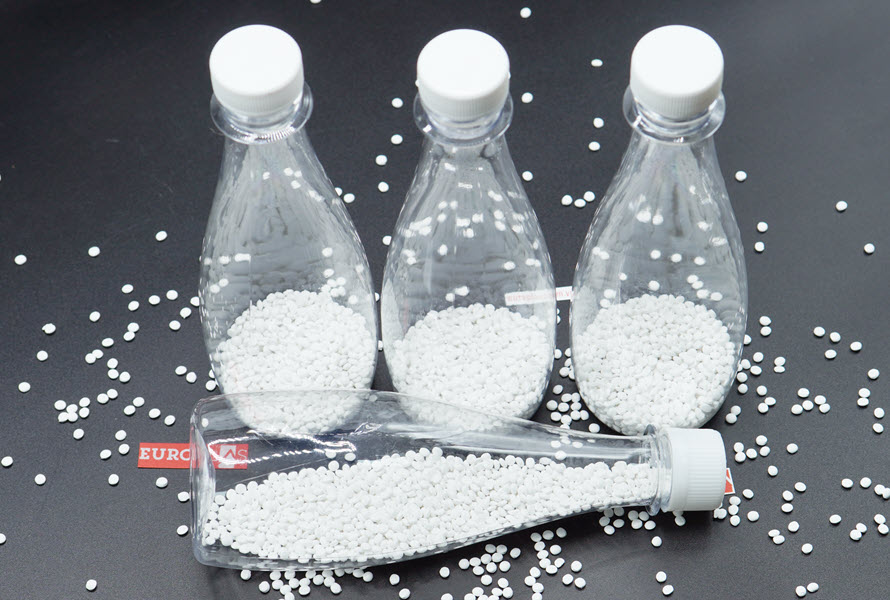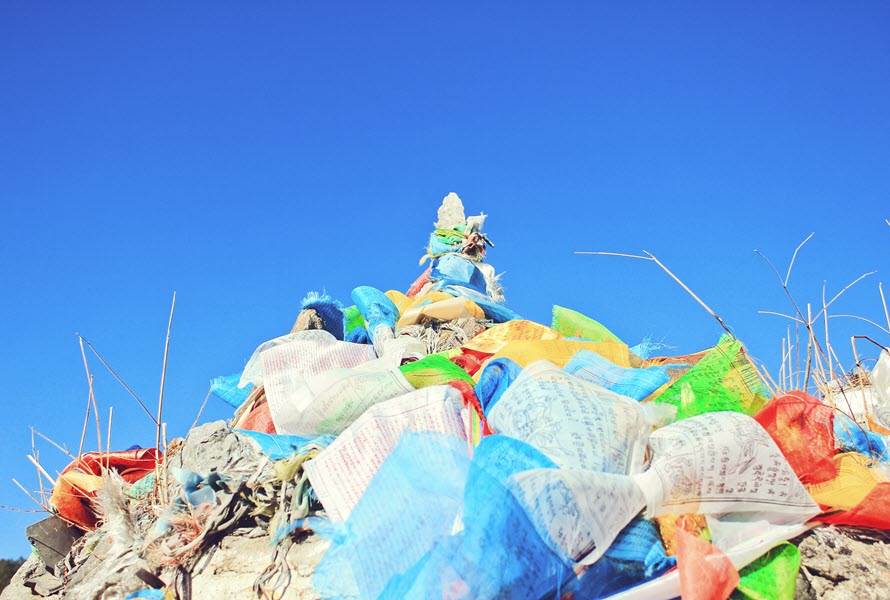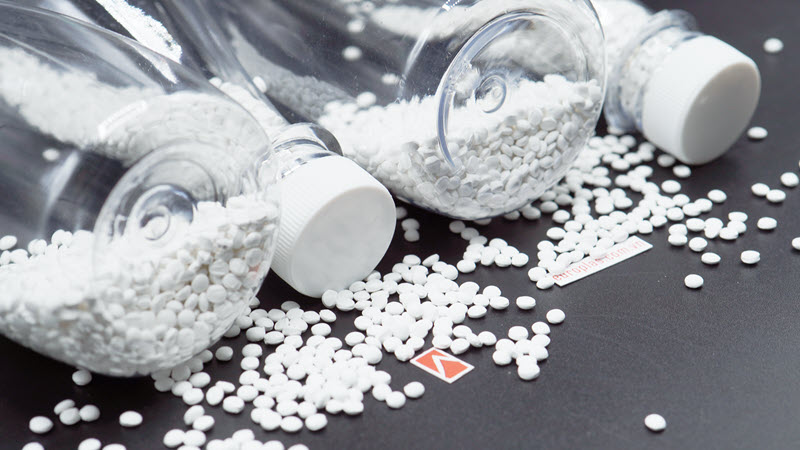As reported by the Guardian, from a giant Japanese plastic dump, scientists have discovered a species of bugs that consume plastic bottles. This newly-involved bacteria emerged from the process of plastic waste decomposition. Now, this could be a breakthrough in our dilemma of the global plastic pollution crisis.

An enzyme appears out of nowhere
According to scientists, this plastic-consuming bacteria evolved from the natural process itself. They emerge from waste dumps and draw “nutrition” from this particular environment. Scientists had yet tracked down details on the evolution of this bacteria but during the research, they were left awed by its ability.
As a common fact, the natural record for plastic decomposition is from 500 to 1000 years, some may say it’s almost indecomposable. A stark contrast it is, but to a material that spends hundreds of years for its chemical structure to fall apart, we are throwing them away at the rate of millions of tons per year. 70% of those plastics end up on the ocean floor, where the damage caused by them affected hundreds of aquatic species. That is what we have now, an ocean of waste.

But this enzyme? It can “kill” plastic within days. The molecule they process can break down the structure of PET (polyethylene terephthalate), which means they take only two to three days to “melt” a soft drink bottle. It was a shock to all the top scientists in the research.
Further detail into the plastic recycling process
Until today, the majority of all plastic products cannot be recycled into a brand-new ones. Often, the final product is a mix of raw PET with filler or masterbatch and other additives. When producers say “recycle”, they refer to lower-quality products, down-grade materials of the previous one. As a result, PET is classified into two types of quality: virgin grade and rPET, with “r” for “recycled”. High-end products mostly come from virgin grade, directly manufactured from crude oil. Recycled plastic can only be turned into other products with less use. The only way out is to extract the structure of virgin grade by separating the base monomers of PET, which had been impossible.
That’s why this finding receives such high attention. The enzyme can disconnect the monomers of PET and separate other additive materials, delivering the percentage of virgin polymers back to their original state. This is recycling in its truest, most effective form.
The law of nature speaking
Why industry experts are cheering the evolution of this miracle? Because humans are starting to worry about their life. For decades, plastic has been identified as one of the most resistant materials on Earth. The evolution of the new enzyme, however, proves that nothing can escape nature’s law of prey.
As scientists have stated, this bacteria evolved from the plastic waste itself to digest it. In other words, nature had birthed a new selection to consume what existed and spawned out of control. The existence of this bacteria cannot be older than 1957, since the size of our plastic waste is not enough to sustain a population of a new kind. But now nature has deemed it is, and a new species sprout from the dump. Now, what people are worrying about on Twitter, is whether Mother Nature will finally create an enzyme that may kill us all.
After all, this finding has also proved something: Nature is as terrifying as ever. The grim truth is, what they fear may not be too far-fetching. Scientists have been diving deep into the formation of this bacteria and tried to find out why such a thing can emerge naturally.

What future does it hold for the plastic industry?
All things considered, the plastic-eating enzyme sounds like a perfect solution for both the producer-end and the consumer-end. Plastic manufacturers will keep producing, consumers will keep using, and the enzyme will take care of the cleansing process. We still have cheap plastic bags to carry our things and the Earth still remains clean.
The question is: should we rely on this new invention? Many have voiced their skepticism on whether it is sustainable enough. The discovery of this solution can be an encouragement for plastic producers to increase their share. Soon or late, we will be run over by plastic waste again. The plastic-eating rate of the enzyme may not meet our plastic-throwing rate. Nevertheless, it must be taken into account that the enzyme is still in development. There’s no way to tell when scientists will release them into the world, not to say of mass producing them to cure our marine environment. Until then, it’s our responsibility to save our plastic bottles for recycling.
About European Plastic Company
Founded in 2007, European Plastic Company (EuP) is the top producer and exporter of CaCO3 filler and master batch in Vietnam. We are authorized by the Vietnam Government to exploit the rich calcium limestone resource with over 100 years in formation. EuP has been a reputable partner of plastic producers from 70 countries across the world. Contact us for more details!